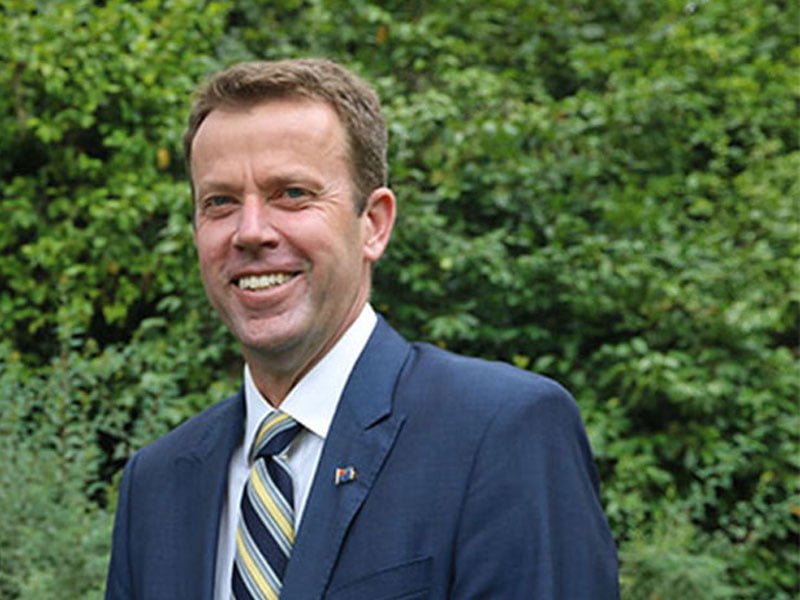Anyone who has watched the series of technology failures across the Commonwealth in the past couple of years – from the Census fail, to ATO outages, to Centrelink’s harmful RoboDebt clunkiness – could be forgiven for thinking the Australian Government is not very good at building tech services.
Well lay down your burdens and rest your weary heads. Unbeknownst to literally everyone in Australia, it turns out that we are very good at this stuff indeed. In fact, as measured by the United Nations, we are nothing short of fabulous.
Australia has ranked number two in the world in the UN’s 2018 bi-annual e-government survey for the second time in a row. I say again: Australia is ranked second in the world for e-government – for the second time, no less – by the good people at the United Nations.

Australia trails just behind Denmark, which was ranked number one with a bullet (having improved on its ninth place ranking from 2016.) The UK slipped from first place to fourth spot.
The e-government development rankings measure countries’ use of information and communications technologies to deliver public services, including the quality of online services, status of telecommunication infrastructure, and existing human capacity.
In its report, the UN cited the government’s decision to create a Digital Transformation Agency as one of the underpinning reasons behind Australia’s performance. Efforts to improve data sharing within government such as the signing of the Open Data Charter in April 2017 were also highlighted.
Australia, however, didn’t score as high on the e-participation index, coming in at fifth place – just behind New Zealand. The e-participation index measures how well governments digitally engage citizens in policy, decision making, service design and service delivery.
Similarly, when it came to Australia’s rankings for commitment to cybersecurity, the country fell slightly short, ranking equal sixth with Mauritius. However, the UN did acknowledge Australia’s collaboration efforts for combating cybersecurity, pointing out how the country is a “good example for cooperation” where government, business and the research communities are working closely to advance the country’s cybersecurity agenda.
Australia’s Acting Minister for Digital Transformation Dan Tehan said the result reflected the federal government’s commitment to transform Australia’s digital landscape.
“The world is undergoing a digital revolution and the Coalition Government is determined that Australia remain at the forefront of the curve to ensure we maximise the enormous benefits on offer for both our citizens and our economy,” Mr Tehan said.
“Technology enables us to make life easier for busy people by bringing the services they need to their doorstep, rather than requiring them to stand in queues or wait on the phone to do business with government.
“Measures like the new Consumer Data Right outlined in this year’s budget will also harness the power of data to enable consumers to find better deals on services like banking, communications and energy.”
Do you know more? Contact James Riley via Email.

